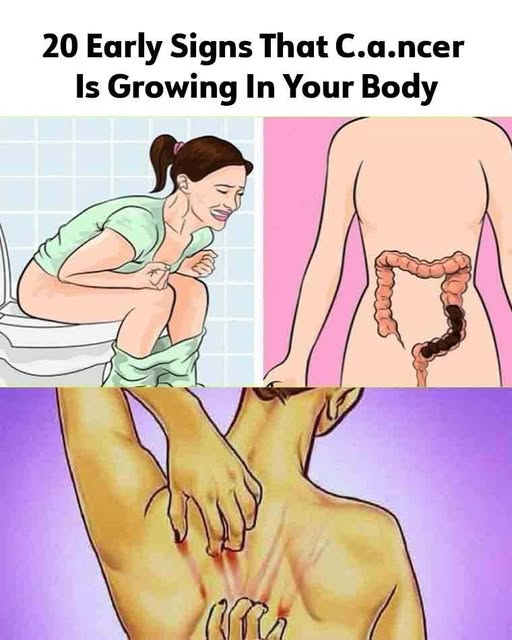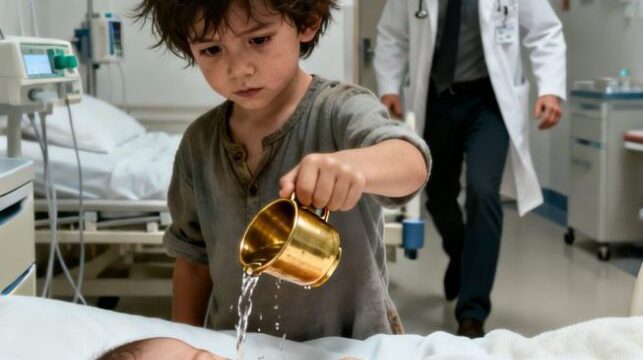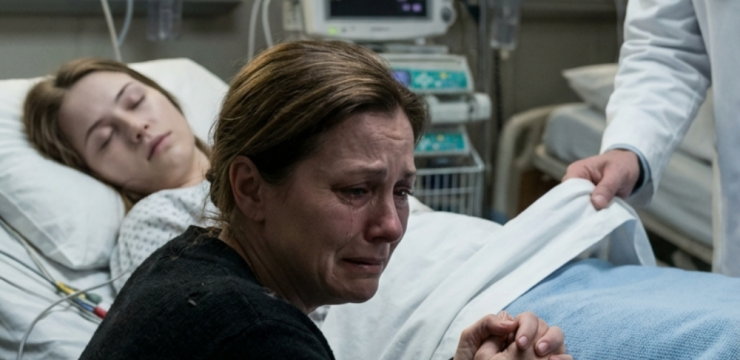Before high-tech scans and lab results were available, our most powerful tool for detecting health problems was, and still is, our body’s own warning system because when something serious like cancer begins to develop, the body doesn’t stay silent; it whispers first, then nudges, and eventually screams, making it crucial to recognize these early signals before they escalate. Cancer rarely appears overnight; instead, it often starts with subtle symptoms that many people overlook, but spotting these early warning signs can make a huge difference in diagnosis, treatment, and survival outcomes, so here are 20 early symptoms your body might be showing that should never be ignored and if any seem familiar, it’s time to consult your doctor.

Wheezing or shortness of breath can seem like allergies, but for many lung cancer patients, it was the first red flag, and frequent fevers or infections could signal leukemia, as it weakens the immune system, making you vulnerable to constant illness; difficulty swallowing should not simply be blamed on acid reflux, as it could point to throat, esophageal, or even lung cancer, while constant weakness and fatigue, even after rest, could be your body conserving energy against a hidden threat like cancer.
Feeling full after just a few bites, a common early sign of ovarian cancer, or sudden food aversions, especially to things like coffee, alcohol, or cigarettes, could hint at pancreatic cancer, and visible changes like rectal bleeding or blood in the stool are strong indicators of colorectal cancer that should prompt immediate medical attention. Persistent, painless lumps in the neck, underarm, or groin could indicate lymphoma or leukemia, and unusual bruising or bleeding can point to platelet dysfunction, another hallmark of leukemia; bloating or rapid abdominal weight gain might suggest ovarian cancer, often misdiagnosed as digestive issues, while unexplained weight loss without trying is frequently tied to digestive cancers or liver cancer.
Sudden changes in the breasts, like redness, swelling, or inverted nipples, should not be ignored as they might signal inflammatory breast cancer, and facial swelling or puffiness could stem from lung cancer blocking blood vessels in the chest; sores that won’t heal, especially if they bleed or scab repeatedly, might be early-stage skin cancer, and changes in fingernails, such as dark streaks, pale beds, or clubbing, can suggest lung, liver, or skin cancers. Persistent and unexplained pain also demands attention because heavy periods or bleeding between cycles might be linked to endometrial or uterine cancer, while a chronic cough or chest pain that doesn’t go away could point to lung cancer or leukemia; pelvic or abdominal pain that persists could signal ovarian cancer or leukemia due to an enlarged spleen, and persistent pain in the back or side might suggest liver cancer or breast cancer that has spread to the ribs or spine.
Persistent stomach discomfort, frequent cramping, or indigestion that doesn’t improve could hint at colorectal cancer and shouldn’t be dismissed. To lower your cancer risk starting today, you can boost vitamin D levels through safe sun exposure and supplements, as low vitamin D has been linked to higher cancer risks, balance your insulin by cutting back on processed foods and sugar, since high insulin levels can contribute to cancer development, and get moving with at least a 30-minute daily walk to improve immune response and lower insulin naturally. Eating more lycopene-rich foods like tomatoes, watermelon, and berries provides antioxidants that have been linked to lower risks of prostate and other cancers, and limiting your exposure to environmental toxins such as pesticides, air fresheners, and harsh cleaning products can lessen the burden on your liver, which works hard to detoxify your body daily. While science continues to debate the relationship between cell phone use and brain tumors, minimizing screen time, especially before bed, is a good move for your overall wellness. Ultimately, your body is wise and constantly tries to tell you when something isn’t right, but in our busy lives, it’s easy to overlook these signals; however, these 20 signs, even if they aren’t cancer, always mean that something needs attention. Trusting your intuition, staying tuned in to your body, and having open conversations with your healthcare provider could be life-saving steps, so stay aware, stay proactive, and always stay curious about your health because your future self will be grateful you listened.





